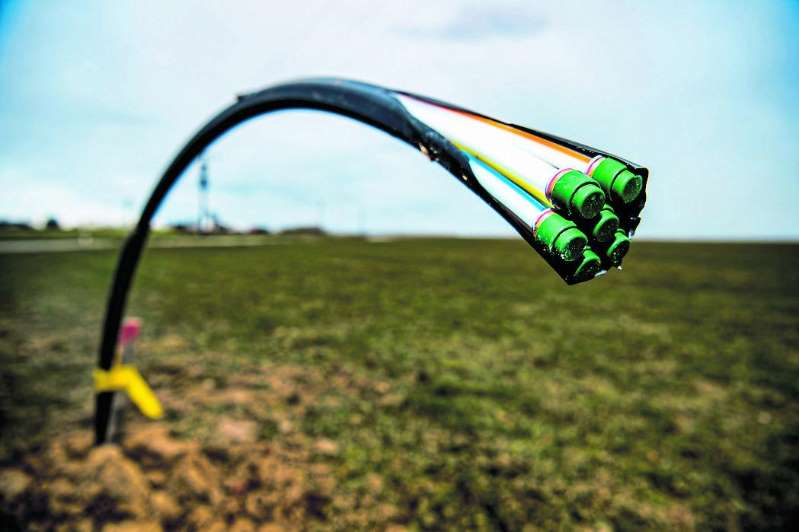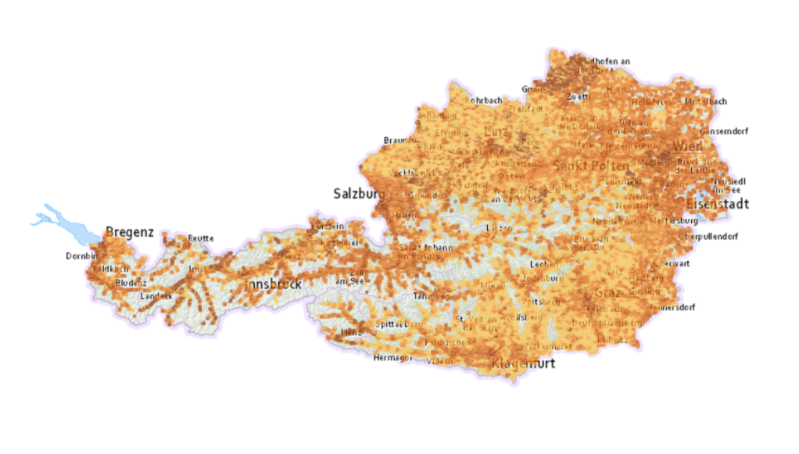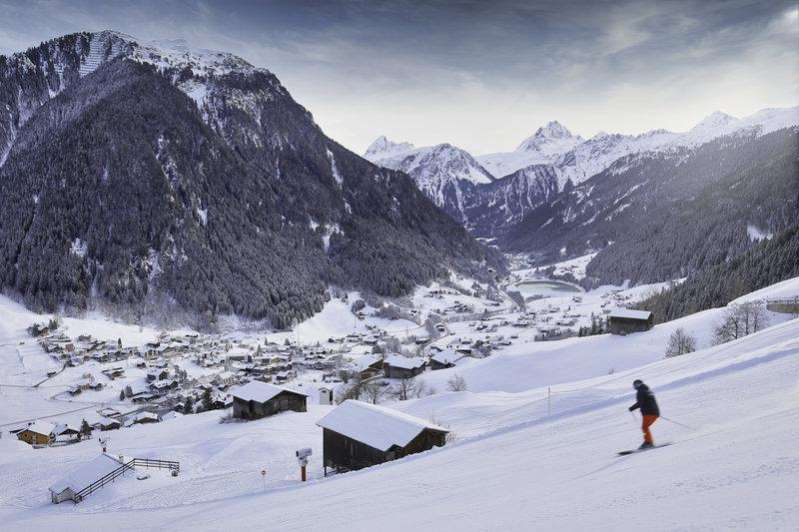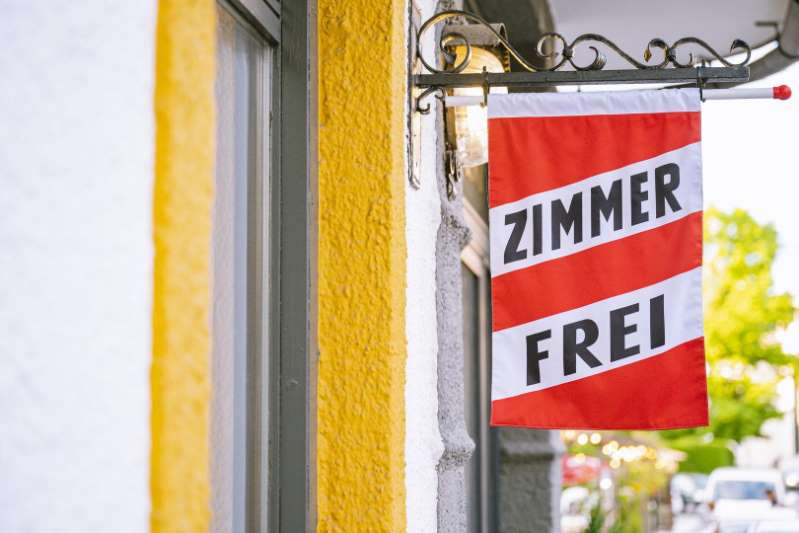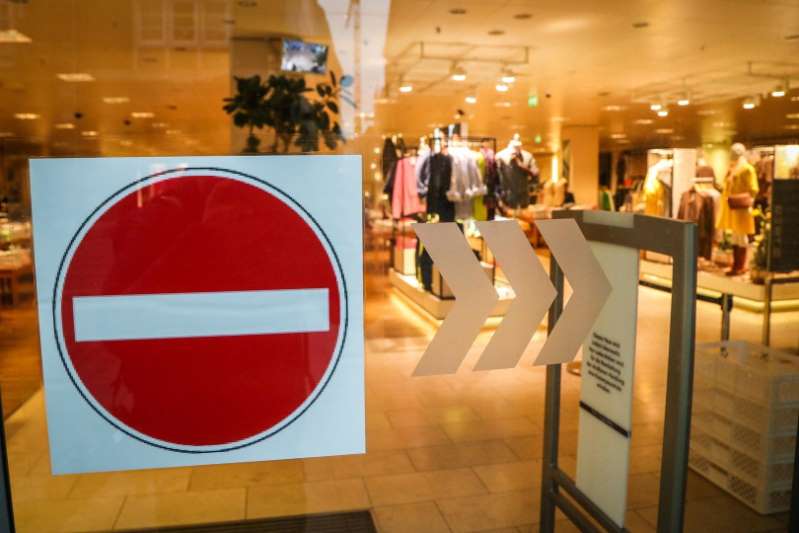Support for independent gambling authority. This does not guarantee independence in terms of legislation.

Casinos Austria have “the most challenging year in their history” behind them – “and that also applies to me personally,” Casinos boss Bettina Glatz-Kremsner told journalists on Friday. This includes that the 12 casinos and the 21 slot machine locations had to close for a long time. Therefore, although the casinos will write “a higher double-digit million amount” loss, the group, including lotteries and the online game Win2day, will still be in the black.
A savings program that Casinos Austria developed within eight weeks also helped. This would save 50 million euros in costs and reduce the workforce by 500 jobs (full-time equivalents).
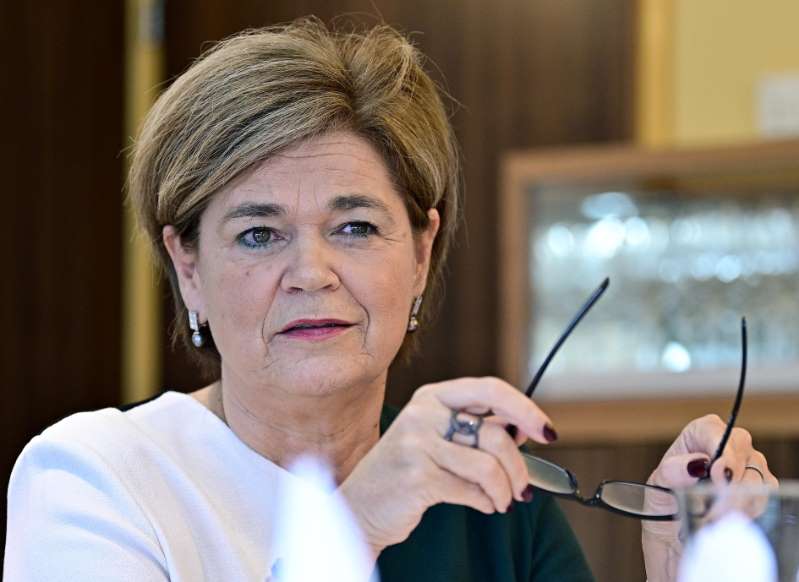
Bettina Glatz-Kremsner
Such a program is not something a board member is proud of, but “a necessary step” to make Casinos Austria “fit for the future”, says the company boss. Now it would be “the happiest day” for the employees if the locations could open up again.
Glatz-Kremsner understands that politicians are discussing how to deal with gambling. Finance Minister Gernot Blümel, himself under pressure because of his contacts with the Novomatic gaming group, presented a concept for an independent gaming authority and other new regulations for the industry a few days ago.
Casinos Austria was not involved in the draft and has not contacted politicians since its publication. Your company would like to contribute its national and international experience, offered Glatz-Kremsner.
An independent regulatory body for gambling, as envisaged in the government's draft, “we see absolutely positively”. But such an authority does not protect against influencing the legislation and also not influencing the appointments on the board, said Glatz-Kremsner. Casinos Austria is currently in turmoil because the FPÖ politician Peter Sidlo was lifted onto the board and the exact circumstances and possible counter-deals of politics are currently being discussed publicly in a committee of inquiry.
Glatz-Kremsner also welcomes the government's plan to strengthen player protection. Austria's player protection with bans and the possibility of claiming damages if the companies do not comply with the restrictions are unique in Europe. However, foreign companies without a domestic license would not adhere to it. These illegal offers are a problem. An Austria-wide joint “blocking association” in which all player bans would be entered and which all providers would have to adhere to would be very positive.
Glatz-Kremsner is critical of a possible advertising ban. The company spends “a mid-double-digit million amount” but less than 50 million euros on advertising. The lion's share concerns the lottery. If these expenses were banned, the tobacconists would lose a lot of sales and the local media would lose income, she argues. 75 percent of 5,500 lottery sales points are tobacconists, of which more than half (53 percent) are people with disabilities. The tobacconists would make 20 percent of their income with gaming products. Should advertising restrictions reduce sales, this would also have social consequences. In addition, the lottery is only responsible for a tiny fraction of gambling addicts.
Glatz-Kremsner finds the advertising of her own company “absolutely responsible” because it channels the players in the direction of legal offers. “I am convinced that we simply offer gambling incredibly responsibly,” especially when compared to illegal providers. Although Casinos Austria has the only Austrian license for online gambling, its market share is estimated to be only 40 percent.
Glatz-Kremsner assumes that the restrictions on slot machines mentioned in the draft do not affect the devices in the casinos. If only that would only lead to migration to illegality or abroad, she says, pointing out that the lottery license would allow 5,000 devices, but only 862 devices were installed. In contrast, there would be 4,200 slot machines that were installed in five federal states on the basis of state laws. But one still has to wait for the concrete legislative proposal, which was promised for April, in order to evaluate the details.


